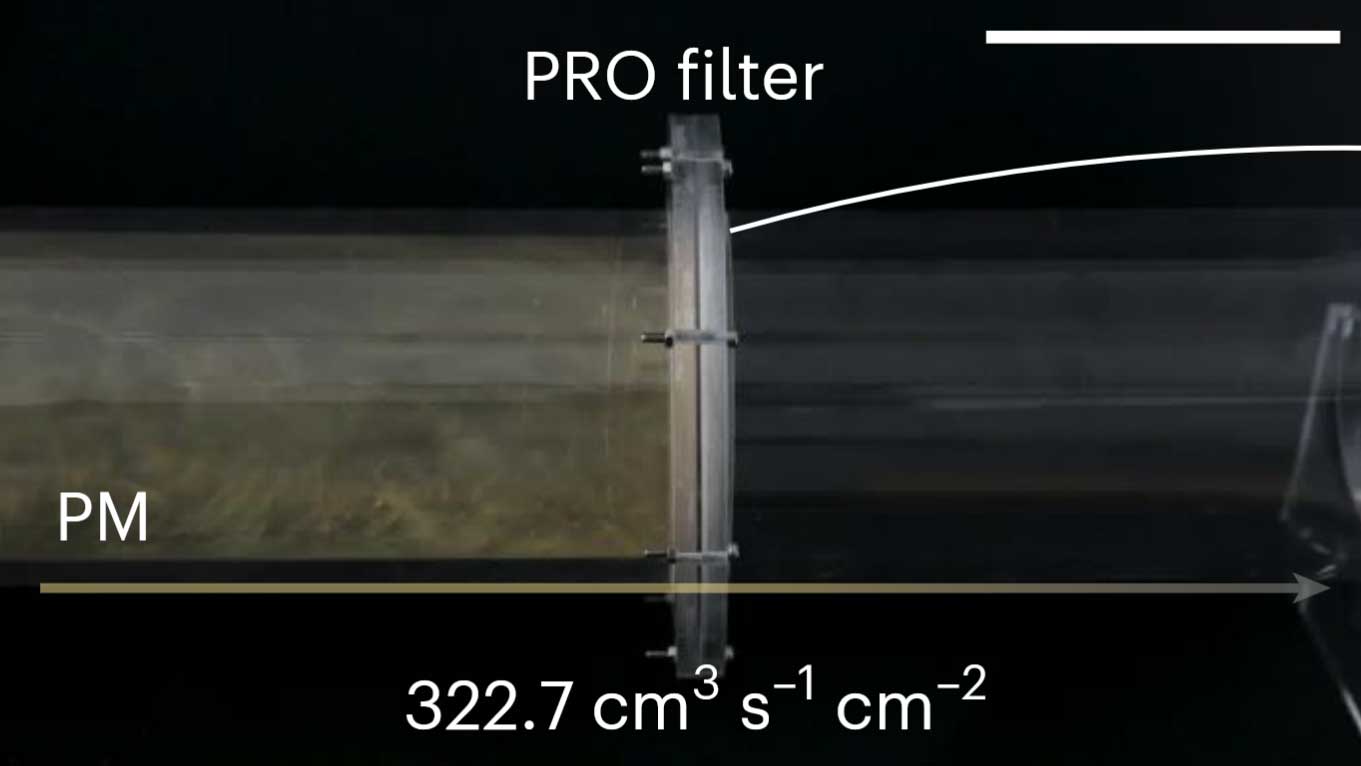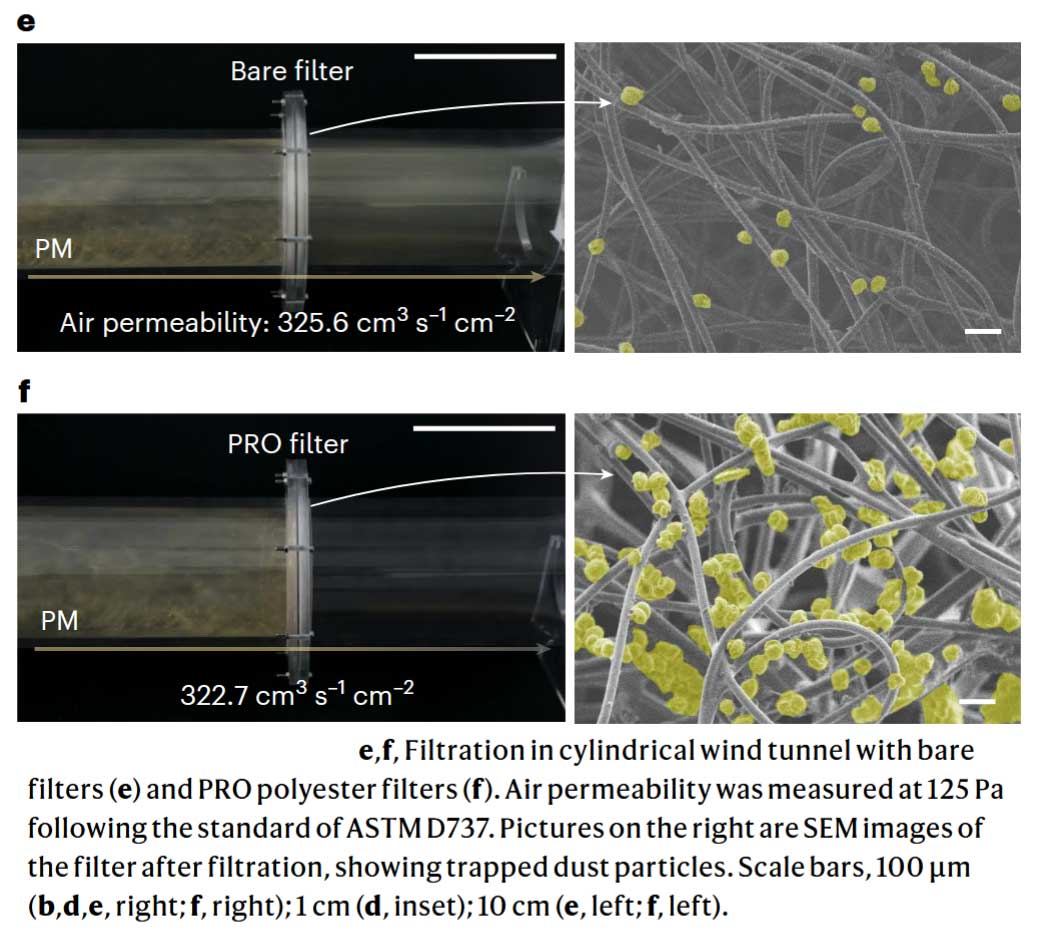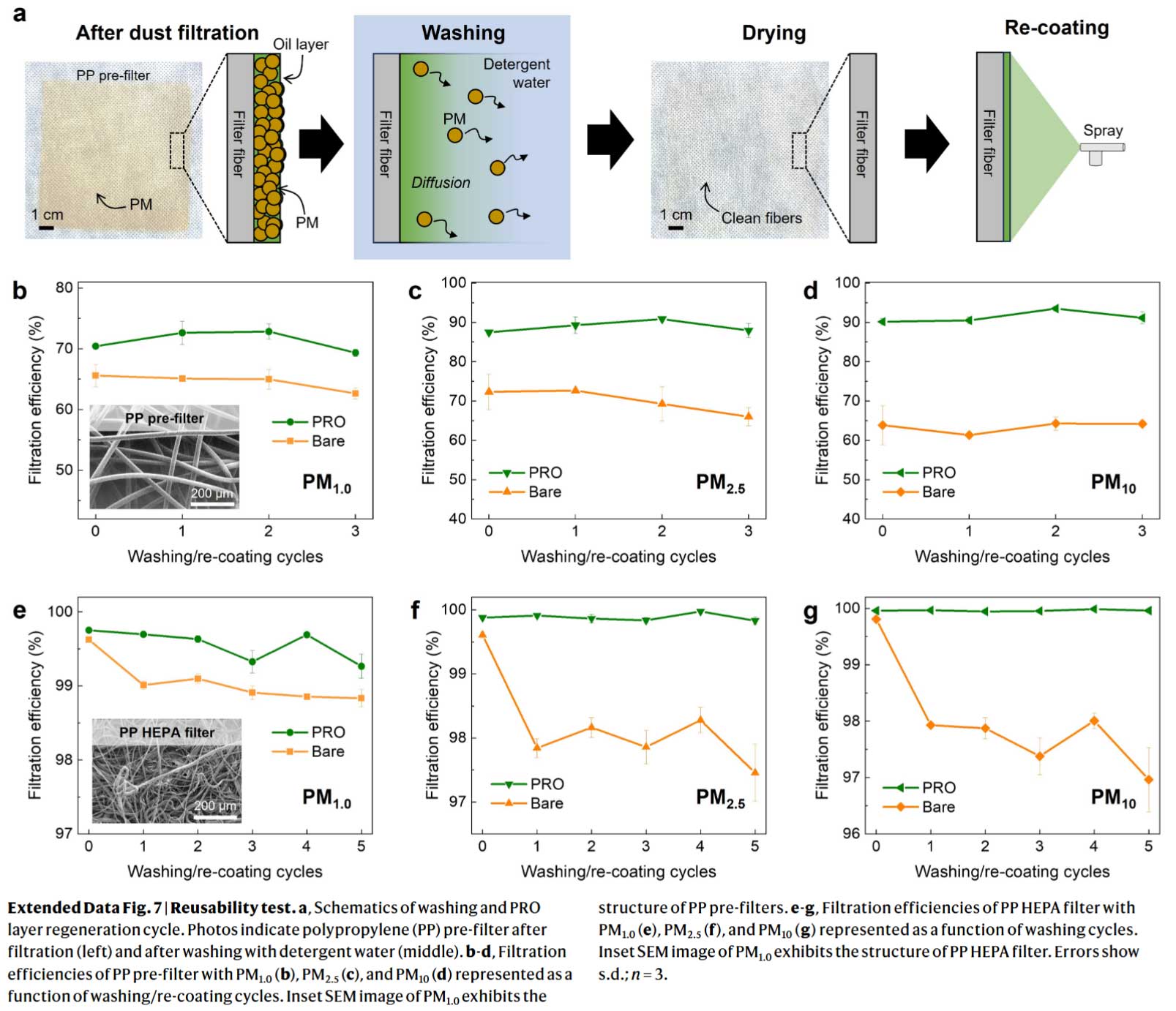Snot-filtering tech could be the answer to a dust-free PC — Korean scientists turn to nature to improve air filtration
Korean scientists claim their particle-removing oil-coated filter (PRO) captures significantly more particles and is effective over twice as long as a traditional filter.

Dust deposits are bad for electronic devices, and particularly bad where good airflow and cooling are required. Despite dust filtration becoming a standard feature of modern PCs and laptops, the simple meshes used aren’t that effective at keeping particulate matter (PM) at bay. Trying to increase dust filtering efficiency using tighter meshes creates tricky trade-offs against airflow. However, a recent research paper that was “inspired by the natural filtration abilities of mucus-coated nasal hairs” might have some answers.
This research work outlines the poor air filtration delivered by traditional air filters and proposes filters that mimic the human nasal passage, packed with hairs coated with a sticky substance. Tests by scientists from Chung-Ang University in South Korea show that this ‘Bioinspired capillary force-driven super-adhesive filter’ isn’t just a crazy dream.
The effectiveness of the bio-inspired filtration tech was verified in a number of field tests around Seoul, as well as in the University labs. In the wake of field tests, the scientists claimed that the new filters capture significantly more PM than traditional alternatives. Moreover, they were effective for two to three times longer than the current filtering panels. Going by these results, new bio-inspired filters should therefore also be more cost-effective than traditional filters.
There are other advantages to mimicking Mother Nature, too. In the real-world tests, it was noted that particle redispersion was minimized – that’s where a gust of air can blow captured PM back out of the filter.
One of the key design aspects behind the success of the new filters is the ‘mucus’ substitute used to leverage the phenomenon of capillary adhesion. It was found that 200–500nm thick layers of a specially formulated bio-compatible silicon oil were the best for filtering efficiency.
In case you’re wondering, the new bio-inspired filters can be washed and reused. After a wash in detergent and drying, the scientists say the ‘mucus’ oil can be reapplied using a simple spray.
We have concentrated on the potential use of these filters alongside computer hardware. However, the researchers mainly pitch this new technology for delivering “a new horizon in air cleaning technology,” in devices like air conditioners and industrial air filtration. Thus, it seems likely that the bio-inspired filters will first find a place delivering clean air in space like "offices, factories, clean rooms, data centers, and hospitals."
Get Tom's Hardware's best news and in-depth reviews, straight to your inbox.
Follow Tom's Hardware on Google News to get our up-to-date news, analysis, and reviews in your feeds. Make sure to click the Follow button.

Mark Tyson is a news editor at Tom's Hardware. He enjoys covering the full breadth of PC tech; from business and semiconductor design to products approaching the edge of reason.
-
chaz_music Achoo! I'm glad they did not clean it out with a Neti Pot.Reply
Interesting story. I know the UPS industry spends an ton on filtration, especially on the large systems (200-1000KVA and larger). The market for machine filtration probably has a larger money demand than building air (as the researchers were considering), but you never know. -
Loadedaxe Interesting. This would be nice if it is cost effective.Reply
No matter what type of filtration you have, the user also has to play a roll in keeping it and the system clean.
K&N has been doing similar filtration for years with automobiles. -
M0rtis Reply
I came here to say that they just re-invented the K&N filtertiredcrow said:So they re-invented the oiled air filter that's been in my car for 20 years -
Grobe After the covid, the marked was flooded by facial masks, so at least I had large amount of cheap material to make into air filter. Three computers after, not having any dust related issues 😅Reply -
Sippincider One of the first applications needs to be Apple's Mac Studio.Reply
The industrial design geniuses located the air intakes in about the worst possible place for pulling in dirt. Filter-stands or even placing the Studios on round automotive air filters are current workarounds. -
Notton If you don't mind an ugly contraption, HVAC filters held together with duct tape (Corsi-Rosenthal box) is a quick and easy way to remove dust before it gets to your PC.Reply -
ezst036 My solution to a dust free computer was to go fanless.Reply
Get a Seasonic fanless Titanium PSU. Put a massive 150w(+) or more CPU cooler on a 35w APU. Problem solved. Some minor decisions need to be made regarding case choice. Simple. -
Steve Nord_ I for one welcome the Uncle Fester Steel Lung case (and Cousin It SFF PC case.) Hyperbaric oxygen redshirts therapy tube loop n lock models slated for 2028.Reply -
Amdlova Last time I got some fancy case with dust filtration... When I had to open the case has some of my ex-wife hair...Reply
before that never got expensive cases anymore.


